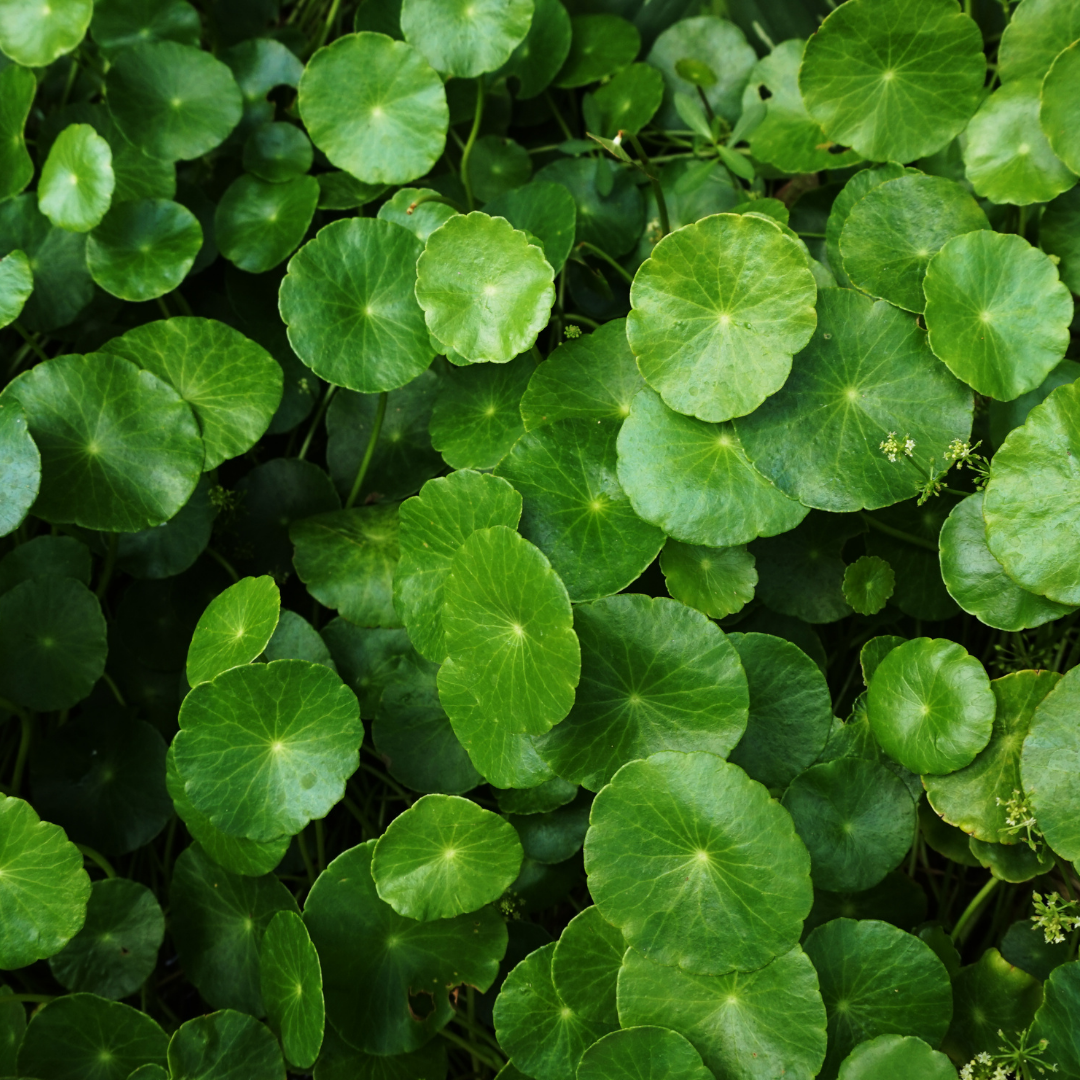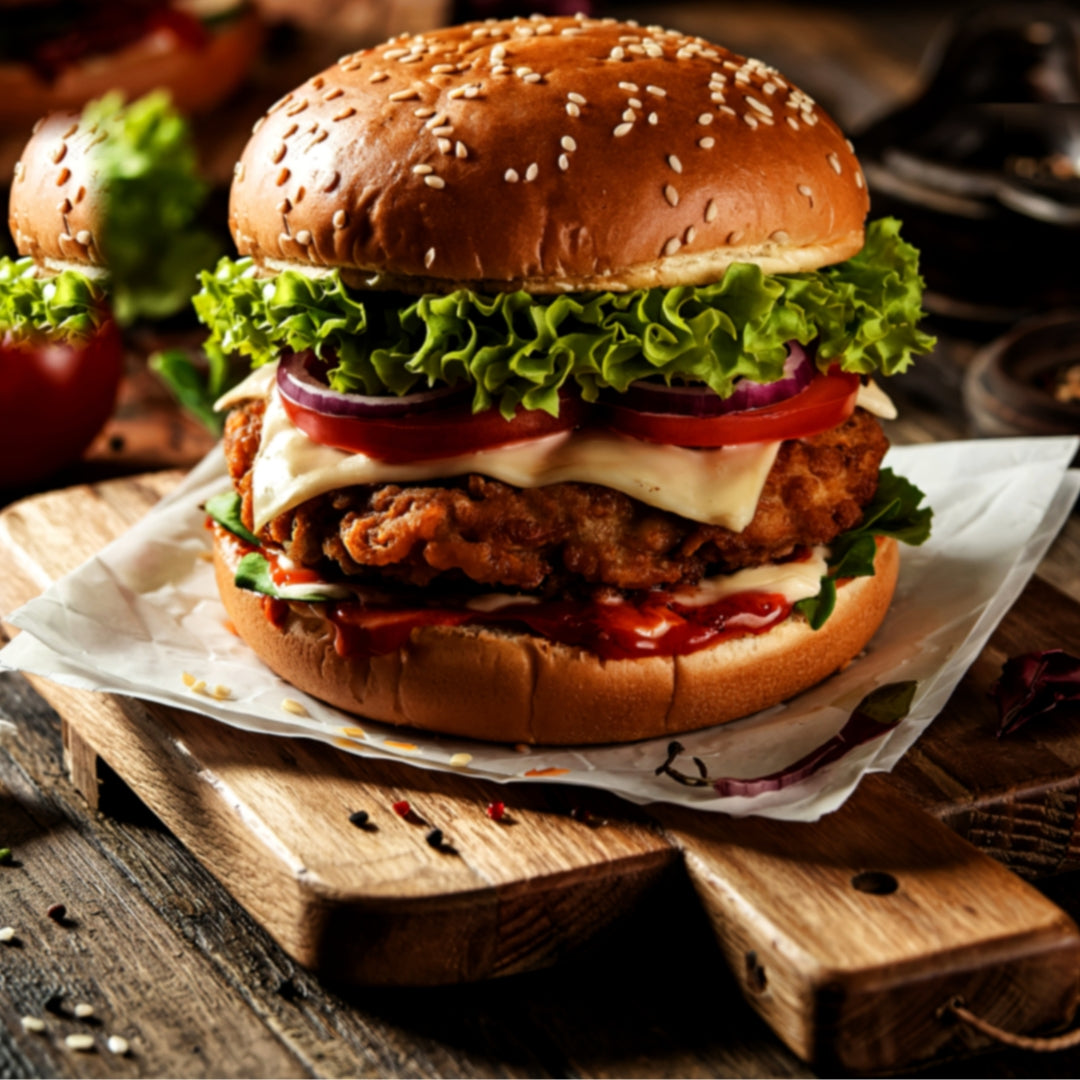How to treat back acne | ellé derm
What is backne?
Back acne or body acne has the same characteristics as facial acne, including the appearance of pimples, blackheads, whiteheads, red spots and even scarring. Severity can vary and is common among adolescents. Back acne can also affect some adults.
Causes of back acne
Back acne is common and can affect both men and women. Having acne on your back isn’t anything to do with cleanliness. Back acne is caused by a build-up of dead skin cells, dirt and oil blocking the hair follicle, trapping bacteria and causing inflammation. Back acne can also occur when sweat is left on the body for too long. Hormonal fluctuations can also cause back acne in females. Regular rubbing and pressure against the area can also trigger back acne.
Other Causes of Acne in Men
- Certain medications such as Lithium
- Anabolic Steroids
How to prevent back acne
Regular showers, body exfoliating and avoiding occlusive clothing (especially gym wear) which can cause excessive sweating and irritate the hair follicle can prevent and reduce the recurrence of backne. We recommend showering immediately after a workout if you are consistently suffering from backne.
Body washes containing Salicylic Acid and AHAs such as Glycolic Acid and Lactic Acid are useful for preventing clogged hair follicles. Sulfur and Benzyl Peroxide are also very useful ingredients as they have mild anti-bacterial and anti-inflammatory properties.
How to treat back acne
Treating back acne in men may include one or a combination of the following:
- Start with a salicylic acid body wash .
- Benzyl Peroxide body wash can also be beneficial, but these tend to be more drying on the skin.
- Look for other ingredients such as Glycolic Acid, Lactic Acid or Azelaic Acid in your body wash as these are also beneficial for the management of acne.
- Shower immediately after a workout.
- Avoid tight clothing.
- Be gentle and don't pick or squeeze them to avoid potential for infection.
If symptoms persist, oral antibiotics, oral retinoids or hormonal medication may be required and prescribed by your doctor as the last option.
Written By: Helen Huynh (B Pharm) MPS



